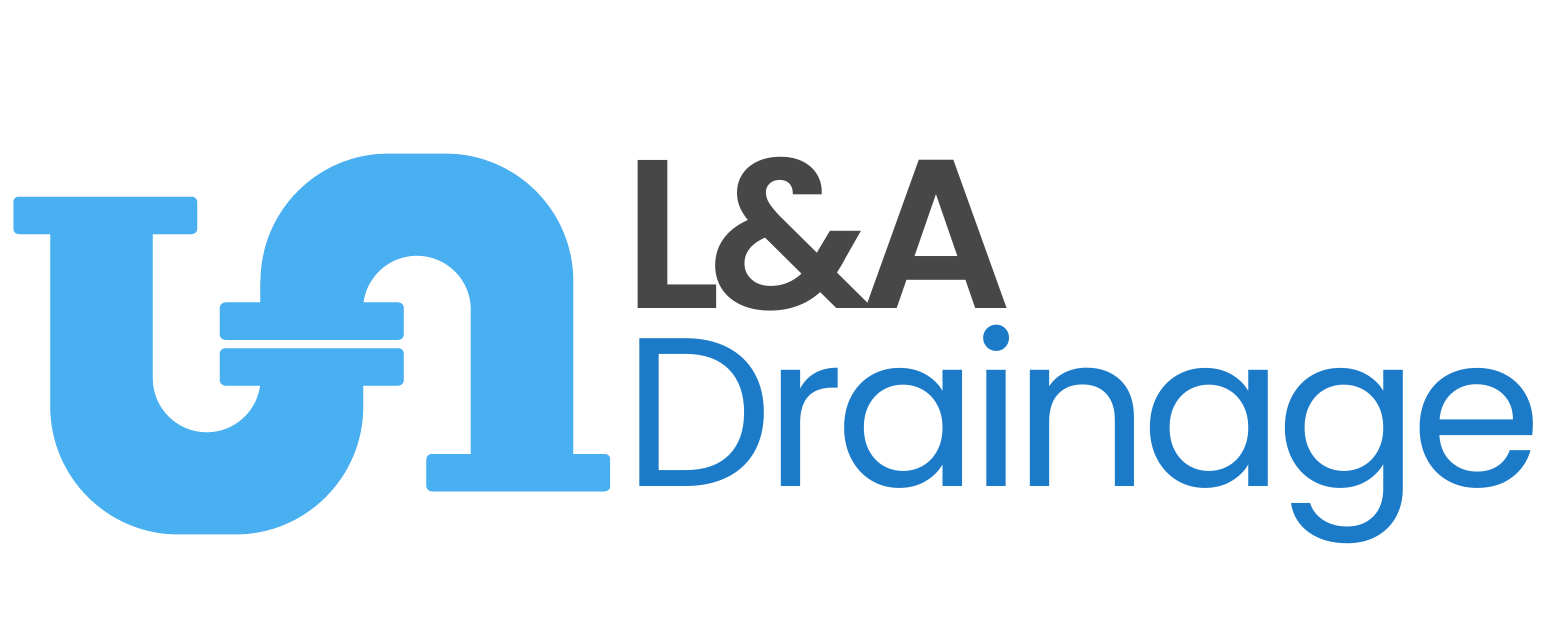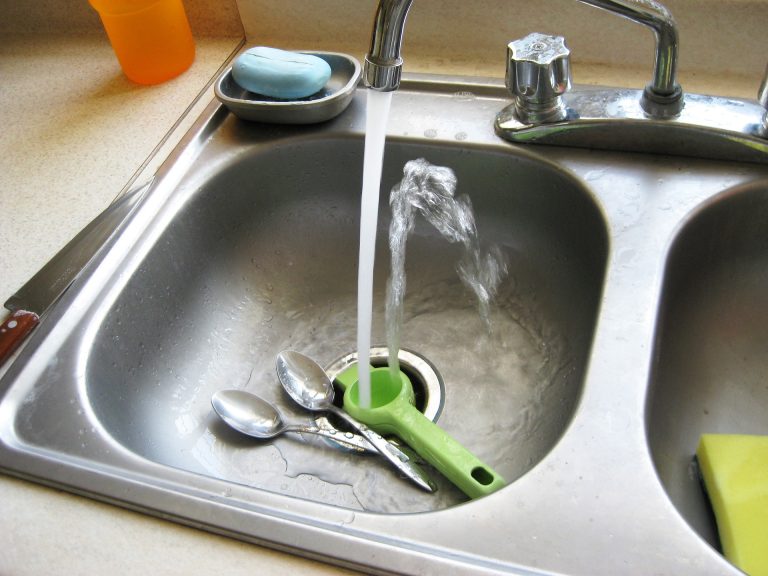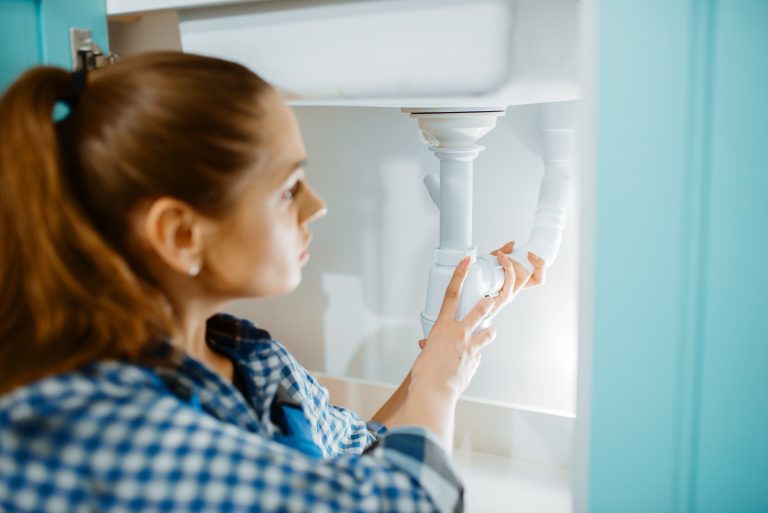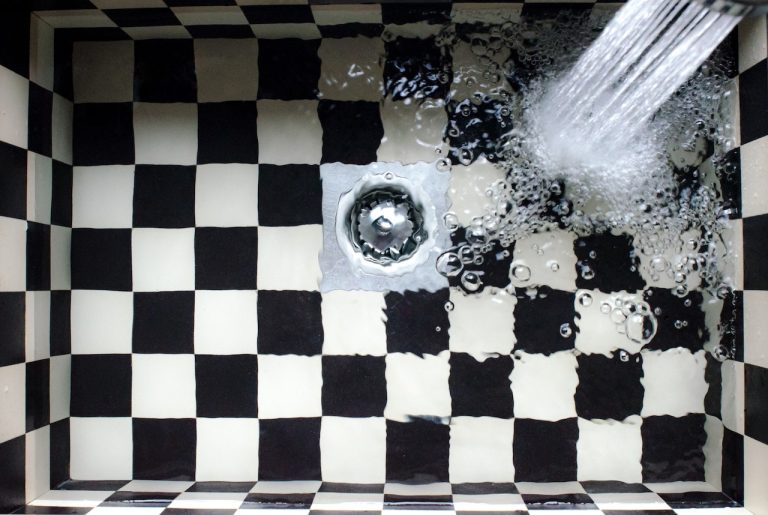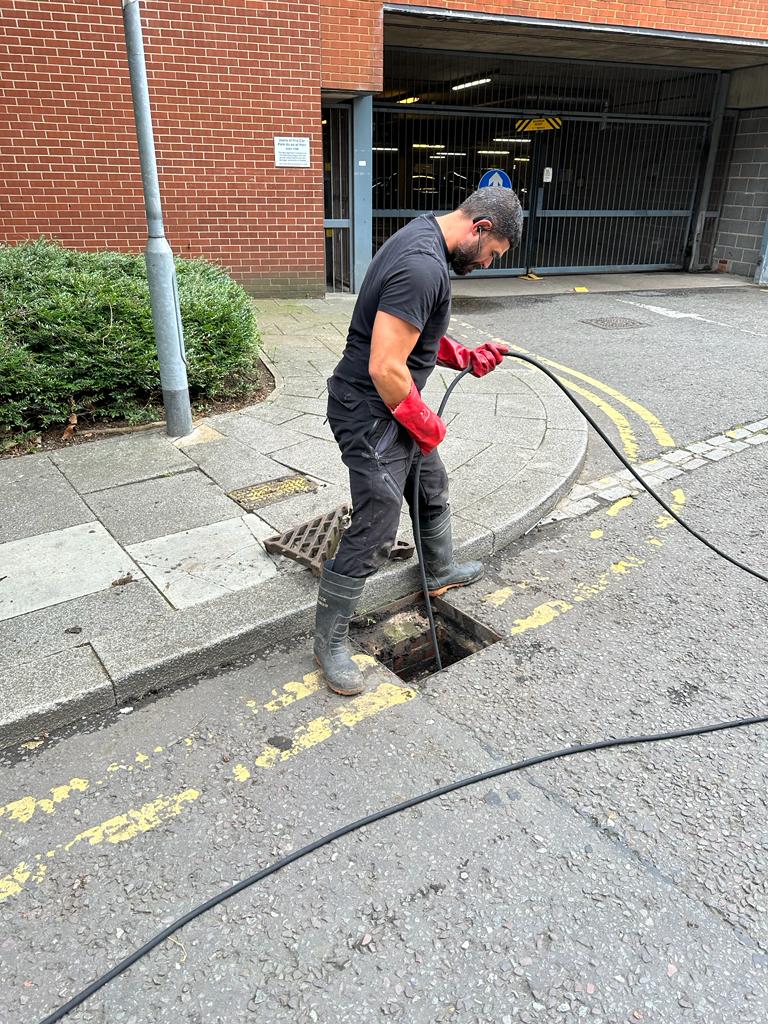We sat down with our Managing Director, Bayram Kucuker in order to discuss common causes of household and commercial drain blockages.
We explore how blockages might occur and what can be done to prevent them happening in the first place:
Hi Bayram, thanks for taking the time to speak to us today, we know from data shared by Thames Water, that they alone clear around 75,000 blockages from their sewers every year. In your opinion what are the common causes of blockages?
As a drainage engineer who specialises in unblocking household and commercial drains, I can confidently say that the most common cause of household drain blockages is the accumulation of grease, fat, and oil.
Cooking oil, grease, and fat can build up in drains and solidify causing blockages over time. I also find foreign objects are to blame for many household blockages. I’ve found children’s toys, hair clips, hairbands blocking bathroom sinks and more commonly wet wipes, sanitary products, and excess paper towels blocking on-site sewers.
I’ve had some crazy experiences with commercial drain blockages, again the most common cause is usually caused by oil and grease, this is particularly the case for restaurants and fast food establishments as they tend to pour high volumes of grease and food waste down their drains.
I also see, industrial facilities that use heavy machinery or produce a large amount of waste are more prone to blockages caused by debris and material buildup. We’ve cleared blockages caused by plastic bags and polystyrene foam chips to misplaced shoes and stray building bricks.
Do you find that commercial drain blockages are more severe than residential drain blockages?
In terms of the severity of the blockages, commercial drain blockages tend to be more severe than household drain blockages, yes!
This is because commercial establishments are using their drainage systems more often and at higher volumes which makes it more likely to have more stubborn blockages.
What do you recommend homeowners and commercial operators do to prevent drain blockages?
I always recommend that households and commercial establishments practice good drain maintenance to prevent blockages. This includes avoiding flushing non-degradable items down the toilet, using sink strainers to catch food waste, and scheduling regular drain cleaning and maintenance with our experienced engineers.
By taking these preventative measures, customers can save time and money in the long run, avoiding costly repairs and disruptions to their daily routines.
